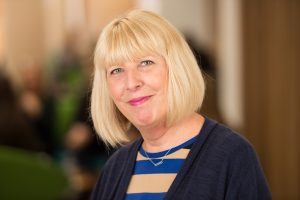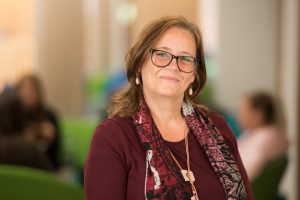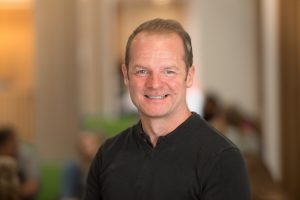Before you begin your course you may find it beneficial to carry out some of the activities below which will help you in your first modules.
- Take time to think about your favourite book from your early childhood. Also think back to your favourite childhood story. How did it make you feel? Reflect on why this may still be important to you today. Did you enjoy playing as a child? Why?
- Please look at the sections relating to play in the Early Years Foundation Stage (EYFS) (DfE, 2021) Available on the DfE website. What are your thoughts on the importance of play in any curriculum for young children (0-7 years)? Please make brief notes on the above two activities, of no more than 250 words, above and bring these along with you to the taught sessions to share. You might also,
- Write 500 words on your experiences of working with young children. What ages and activities have you been involved in?
- Write a review of your favourite children’s book. Why do you like it? How could you use it with children?
- Produce a list of key developmental steps in your life. When did you learn to walk/talk? What were your first words?
- What do you remember from your childhood? Illustrate through images/drawings key memories
The texts below will provide a good grounding in some of the issues that we will consider in the first year of the course:
ECU411 Independent Learner
Cottrell, S. (2013) The study skills handbook. 4th edn. Basingstoke: Palgrave Macmillan.
Cottrell, S. (2011) Critical thinking skills: developing effective analysis and argument. 2nd edn. London: Palgrave.
Marshall, P. (2012) How to study and learn: your practical guide to effective study skills. 4th edn. Plymouth: How to Books.
ECU412 The Developing Child
Doherty, J. and Hughes, M. (2014) Child development: theory and practice 0-11. 2nd edn. Essex: Pearson.
Keenan, T., Evans, S. and Crowley, K. (2016) An introduction to child development. 3rd edn. London: Sage.
ECU413 Constructs of Childhood
Aries, P. (1996) Centuries of childhood. London: Pimlico. Heywood, C. (2014) A history of childhood. Oxford: Polity Press.
McDowall Clark, R. (2010) Childhood in society for education studies. Exeter: Learning Matters.
Powell, S. and Smith, K. (2017) An introduction to early childhood studies. London: Sage.
Waller, T. & Davies, G. (2014) An Introduction to Early Childhood, London: Sage.




